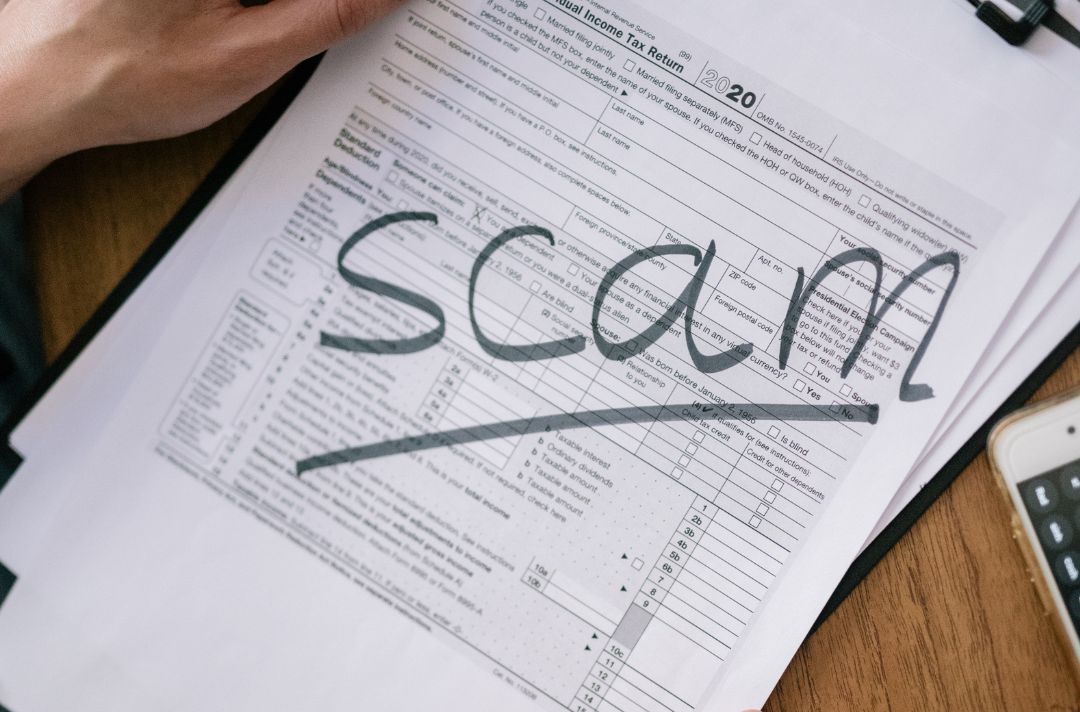
Federal laws outline penalties for various fraud crimes, like tax evasion, credit card fraud, and Medicaid fraud. What are the consequences of fraud?
Fraud cases often carry harsher consequences than other crimes, especially if the fraud is linked to violent or drug-related crimes. Federal fraud penalties can include significant fines, long prison terms, and the loss of professional licenses.
Hiring an elite, expert, experienced federal defense attorney is crucial if you’re charged with federal fraud. At Ervin Kibria Law, our criminal attorneys are skilled at defending against complex fraud charges, which are normally violations of federal statute – but can also in some rare cases be violations of local statutes.
Federal Fraud Offenses Explained
Fraud is a serious crime and often highly complex. Sometimes, fraud charges stem from misunderstandings or unintentional actions. Federal agencies like the FBI and the IRS make it their priority to aggressively investigate fraud accusations, especially when that fraud occurs against financial institutions or government programs like Medicare or Medicaid.
Penalties for fraud can be severe, including prison time, asset forfeiture, heavy fines, and damage to your professional reputation. For example, bankruptcy fraud could result in a $250,000 fine and up to five years in prison, while federal embezzlement could lead to a $1 million fine and a 30-year sentence.
When Is Fraud Considered a Federal Crime?
Fraud often becomes a federal crime when it violates a specific federal statute or the fraud involves multiple states, government agencies, or federal laws. The U.S. Attorney’s Office prosecutes these cases when fraud violates federal law or involves fraudulent receipt of federal benefits. Cases of fraud against the U.S. Mail or United States banking systems are normally prosecuted federally.
Federal fraud can encompass crimes like:
- Federal and State Tax fraud
- Mail and wire fraud
- Bank fraud
- Healthcare fraud
- Medicare and Medicaid fraud
- Securities fraud
Federal cases often involve agencies like the IRS or FBI, whereas state cases are typically handled by local law enforcement and state prosecutos. Federal convictions generally carry more severe penalties, so keeping a case out of federal court is often advantageous.
Examples of Federal Fraud
Federal fraud case include:
- Corruption or embezzlement involving government programs
- Crimes affecting multiple victims across multiple states or involving large sums that trigger the federal statutes
- Fraud conspiracy cases, where two or more people agree to commit fraud
Penalties for Federal Fraud
Like state crimes, federal fraud can be a felony or misdemeanor. Felony convictions can lead to hefty fines and lengthy prison terms. Penalties may include:
- Prison Time: Misdemeanors might result in a maximum of one year in jail, while felonies can carry anywhere up to 20-30 years in federal prison for certain crimes
- Probation: Probation may allow you to avoid prison, but it imposes strict conditions like regular check-ins, drug testing, and travel restrictions.
- Fines: Federal fraud fines can reach thousands or even millions, depending on the case. A large portion of the fines usually include monetary amounts to cover restitution to the victim(s)
Common Types of Federal Fraud Charges
Common federal fraud charges include:
- Mail and Wire Fraud: Using mail or electronic communications to commit fraud.
- Tax Fraud: Often called tax evasion, this includes not filing returns, underreporting income, or overstating expenses.
- Securities Fraud: Fraudulent activities in securities markets, like Ponzi schemes or insider trading.
- Medicare and Medicaid Fraud: Fraudulent claims or overbilling in major government health programs.
If you’re facing federal fraud charges, contact Ervin Kibria Law for expert guidance and elite counsel/representation. Our attorneys are ready to help with your defense.




